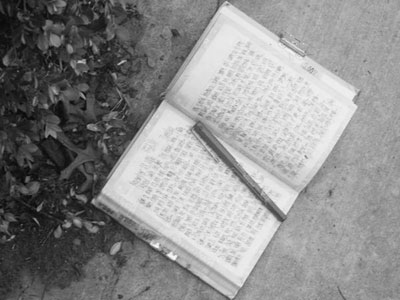All Nonfiction
- Bullying
- Books
- Academic
- Author Interviews
- Celebrity interviews
- College Articles
- College Essays
- Educator of the Year
- Heroes
- Interviews
- Memoir
- Personal Experience
- Sports
- Travel & Culture
All Opinions
- Bullying
- Current Events / Politics
- Discrimination
- Drugs / Alcohol / Smoking
- Entertainment / Celebrities
- Environment
- Love / Relationships
- Movies / Music / TV
- Pop Culture / Trends
- School / College
- Social Issues / Civics
- Spirituality / Religion
- Sports / Hobbies
All Hot Topics
- Bullying
- Community Service
- Environment
- Health
- Letters to the Editor
- Pride & Prejudice
- What Matters
- Back
Summer Guide
- Program Links
- Program Reviews
- Back
College Guide
- College Links
- College Reviews
- College Essays
- College Articles
- Back
Social Networking Killed the Diarists
Dear Diary, in 2012, a majority of teenagers wore skinny jeans and listened to bands like One Direction or Mumford and Sons; the iPhone 4S was a thing of the past as the iPhone 5 took reign, and the average price of a gallon of gas was $3.76 — oh and also, I bought frozen yogurt on July 31st at approximately 5:43 p.m. How do I know this? I put a picture up on Instagram, of course! Or maybe I tweeted about it. Hey, it might’ve even been worthy enough to post on Facebook.
Most of us have happened across Anne Frank’s The Diary of a Young Girl: after all, it’s hard to miss one of the most famous – and relatively rare – documentations of life during the early 1940s. Other recognized diarists like Virginia Woolf and Franz Kafka spilled their lives onto paper, and in effect, continued to impact the lives of many long after their deaths.
Diaries, journals, and autobiographies alike serve as important historical evidence, in terms of understanding an era from a primary source’s standpoint. The contemporary equivalent of this is social networks.
As a child born in the era of social networking, it’s hard to imagine a world where the majority of people’s lives are kept private, or simply not as openly disclosed. With the immense expansion of social network usage, the documentation of daily life is frequent and conventional. It’s not uncommon for someone to whip out a camera and take a snapshot of a seemingly average occurrence, nor is it unheard of for someone to post a status update informing their friends and acquaintances about their life, or even a status or blog post featuring their opinion on a particular subject matter.
The startling truth is that now we’re practically begging for others to read into our lives, rather than keeping our diaries locked away in the top shelf of our dresser. It’s interesting to consider how this frequent documentation will affect our lives in the future.
We’ll be able to offer our grandchildren a clearer, more direct record of what our lives consisted of, as opposed to hazy memories that might have been altered or perhaps incomplete renditions of what actually occurred.
Everything that we post on social networks serves as a testimonial of our lives. These posts are much more convenient in terms of documenting things at the given time that they occur, and are also considerably more accessible than a measly diary. Journals can be easily lost or thrown out, but that which we post on the Internet is more permanent.
The wider range of social and emotional accounts of events, in addition to intellectual perspectives, allows for an irreplaceable and authentic chronicle online.

Similar Articles
JOIN THE DISCUSSION
This article has 0 comments.